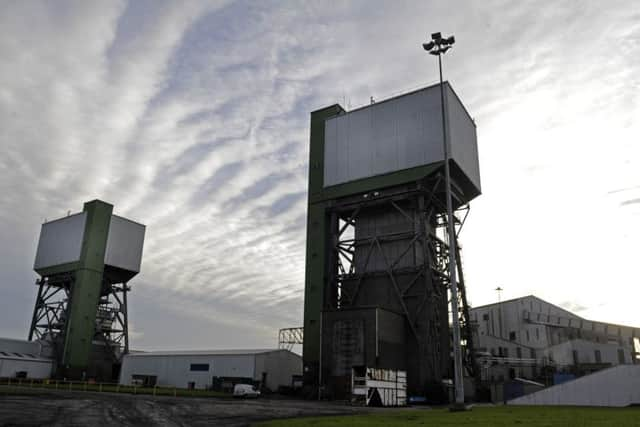Communities in need after closure of the last pit Kellingley Colliery


The Coalfields Regeneration Trust has warned that the demise of deep mining has left communities disproportionately affected by unemployment and poor health.
It has launched a three-year plan to tackle deprivation after Kellingley, the UK’s last deep mine, closed down before Christmas.
Advertisement
Hide AdAdvertisement
Hide AdChairman Peter McNestry said: “The closure of Kellingley Colliery was a timely reminder to us all of the challenges that coalfield communities still face.


“In relation to employment, skills and health the message is clear. Evidence shows and the statistics confirm the ongoing necessity for social and economic regeneration.
“Coalfield communities continue to experience a disproportionate impact following the last recession, with vital community facilities under threat of closure or lost, local support services experiencing greater demand and deprivation levels remaining consistently high against the national average.”
The trust’s strategy for 2016-2019 includes plans to tackle unemployment and boost skills and wellbeing.
Advertisement
Hide AdAdvertisement
Hide AdIt follows The State of the Coalfields, a 2014 report which found 5.5m people in former mining communities were living in some of the UK’s most deprived places.


Mr McNestry said: “We have to continue to redirect support into these areas and although we appreciate we cannot do this alone, we do know that with the help of partners and government we are able to make a lasting and positive impression.”
Former mining areas including Hemsworth, South Kirkby, South Elmsall and Knottingley are among the most deprived places in the country, according to research by the Coalfields Regeneration Trust.
The charitable organisation said unemployment in coalfield areas was up to ten per cent higher than in the more affluent South East of England.
Advertisement
Hide AdAdvertisement
Hide AdOn average there were only 50 jobs for every 100 working age adults in the coalfields, where people were more likely to have long-term health conditions.
In the last 15 years the trust has helped more than 25,000 people into work and improved the skills and qualifications of more than 1.3m people in the coalfields.